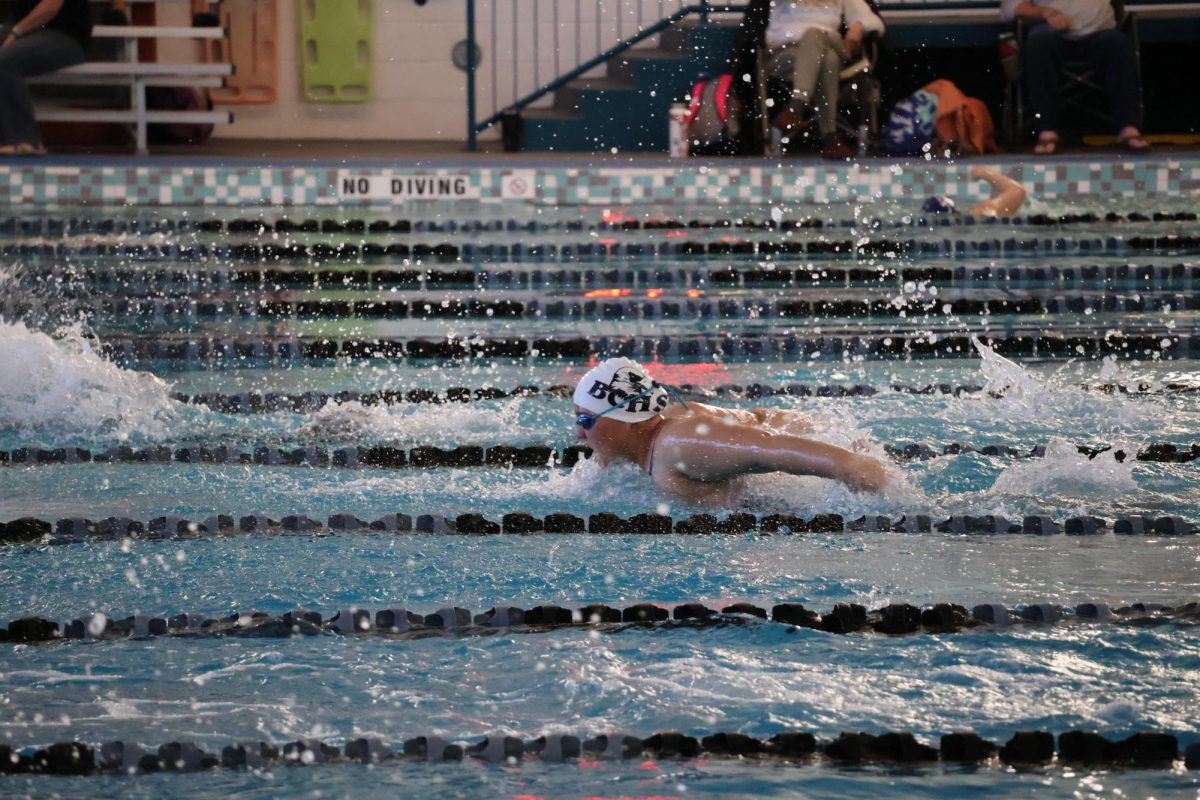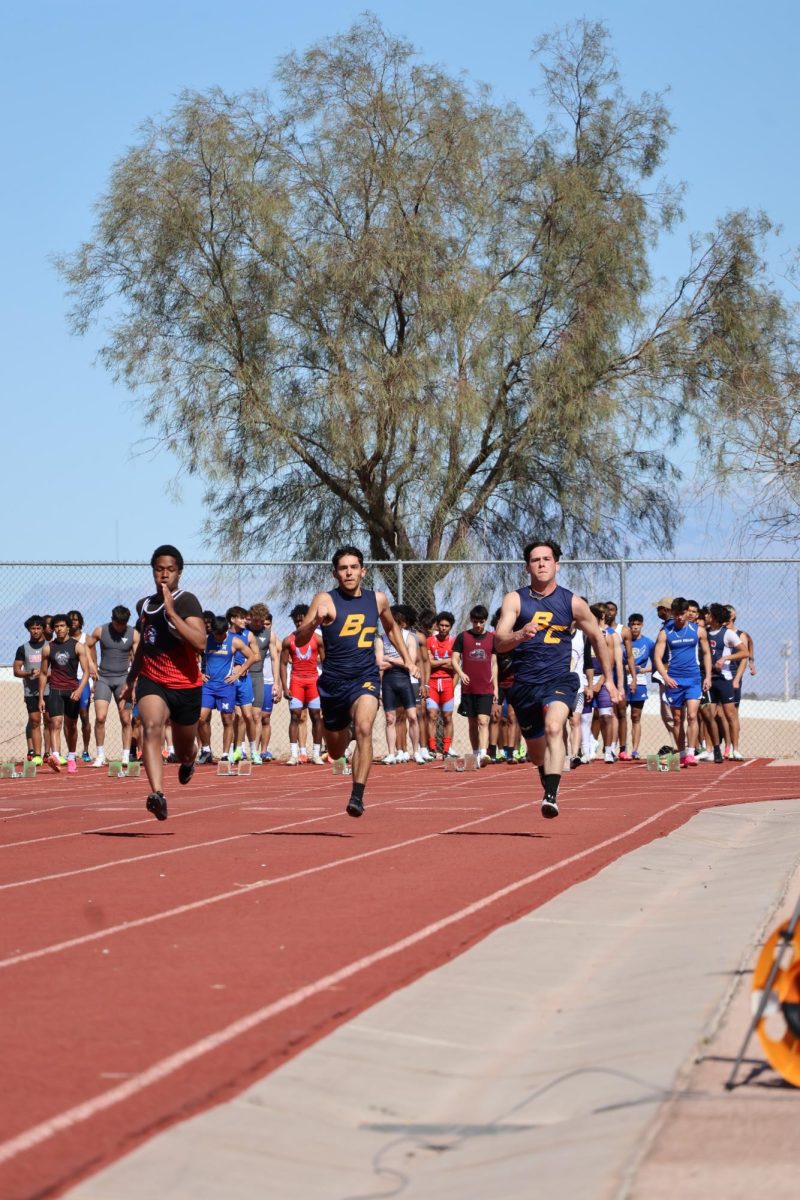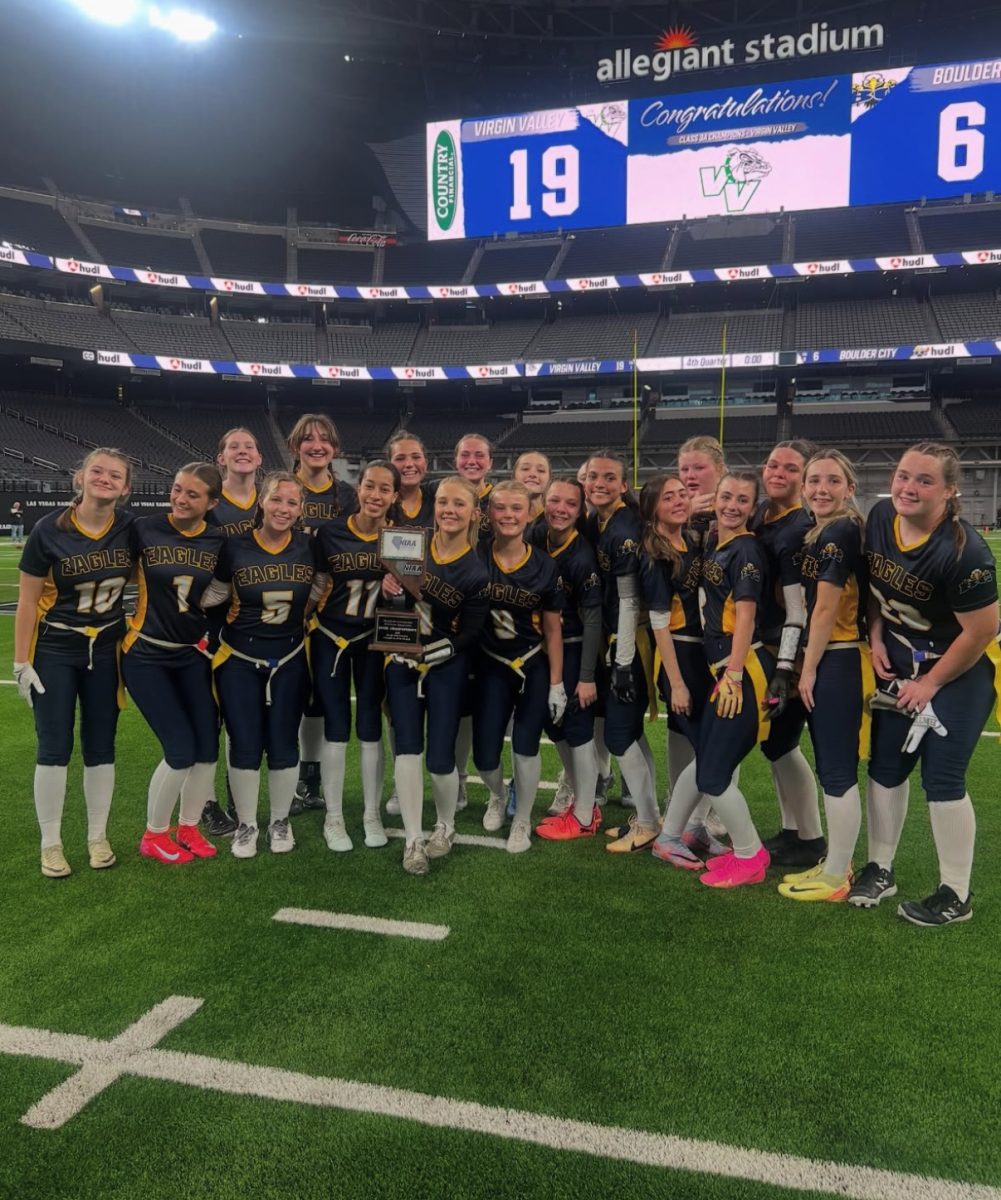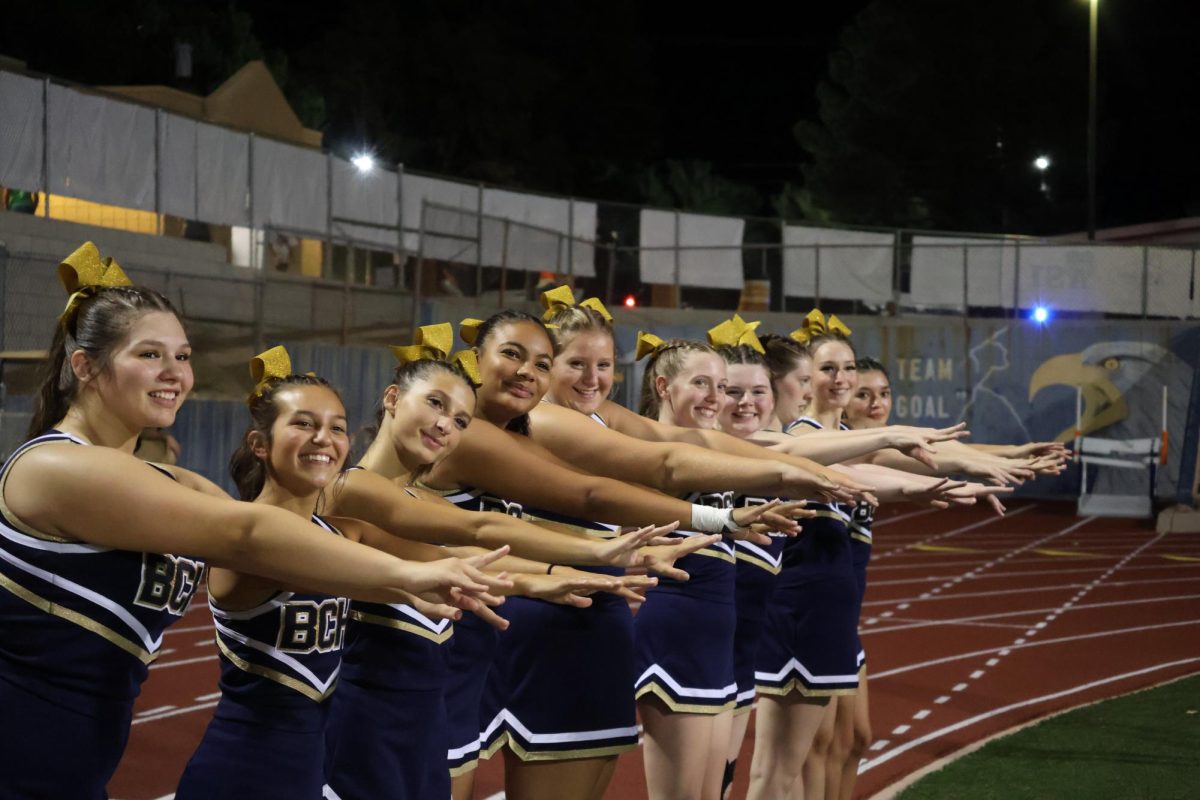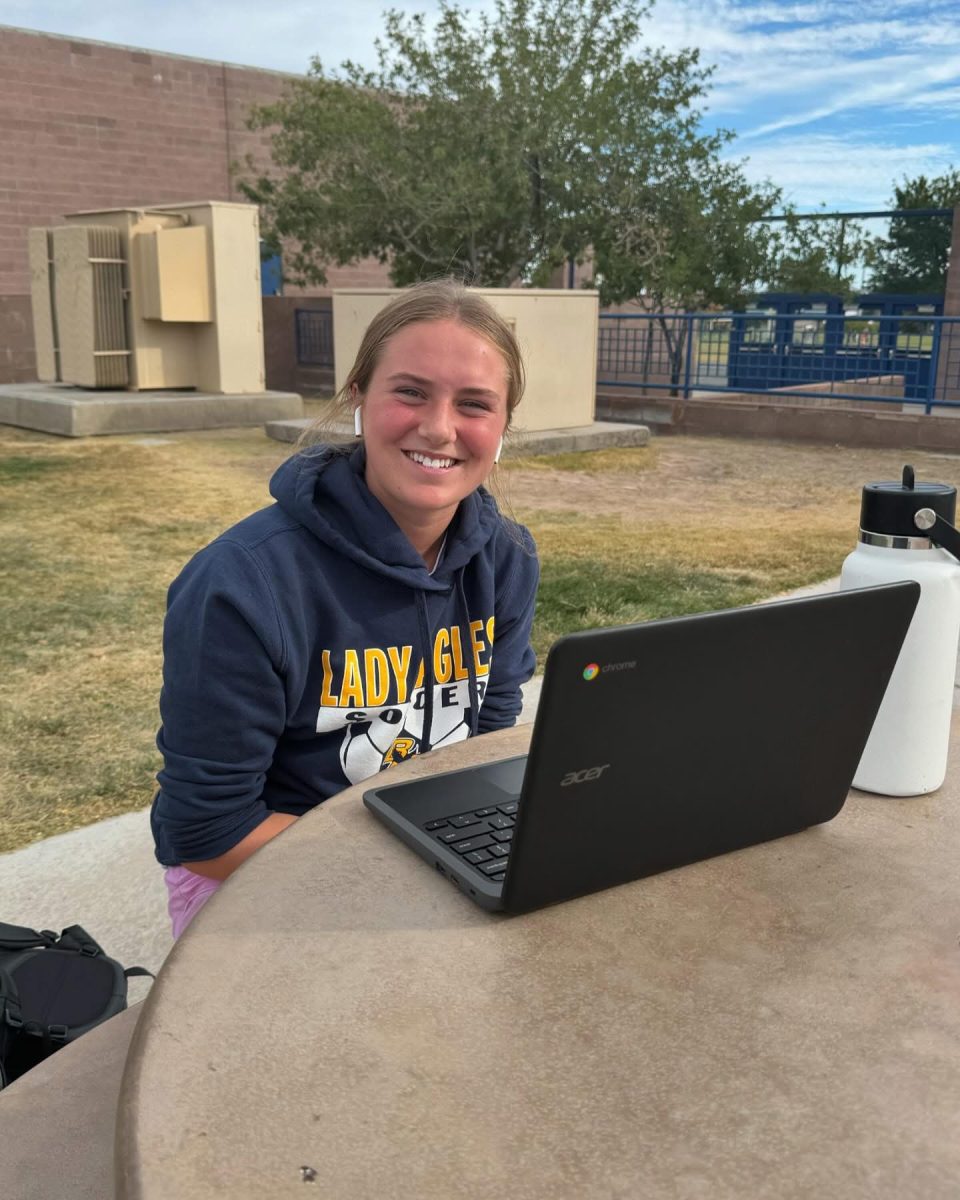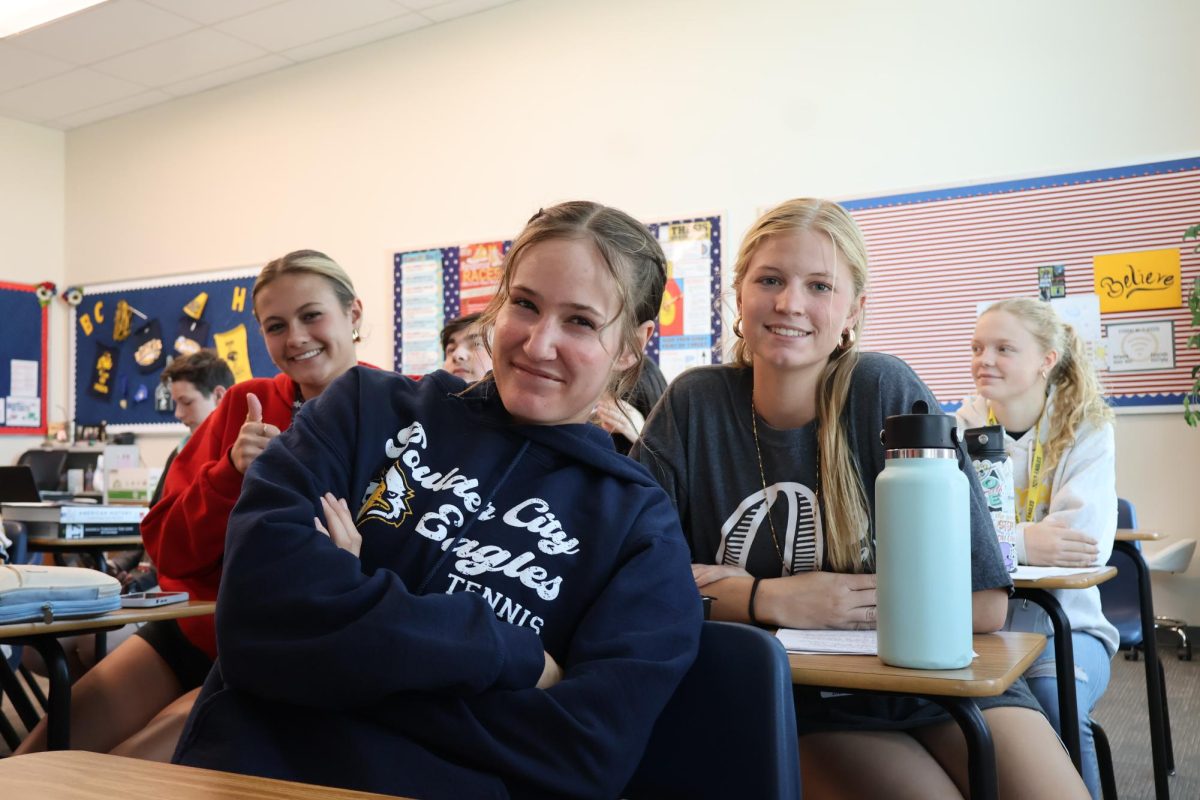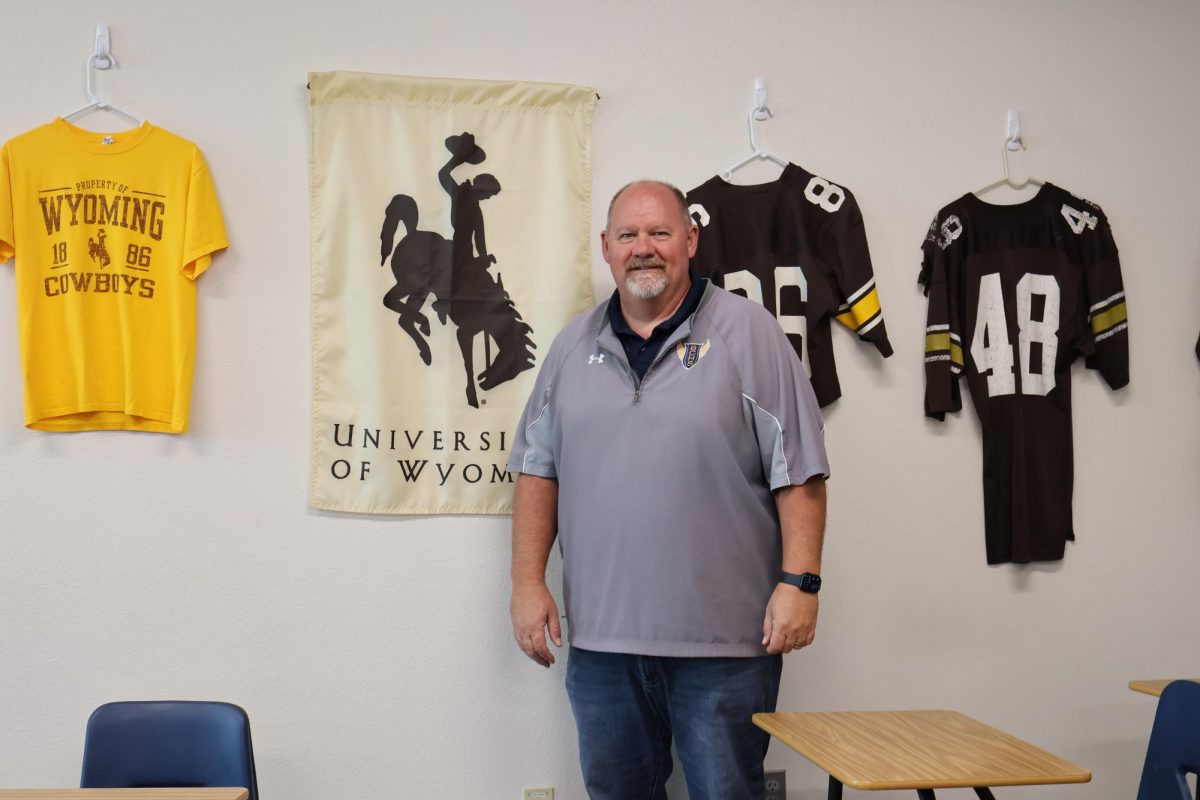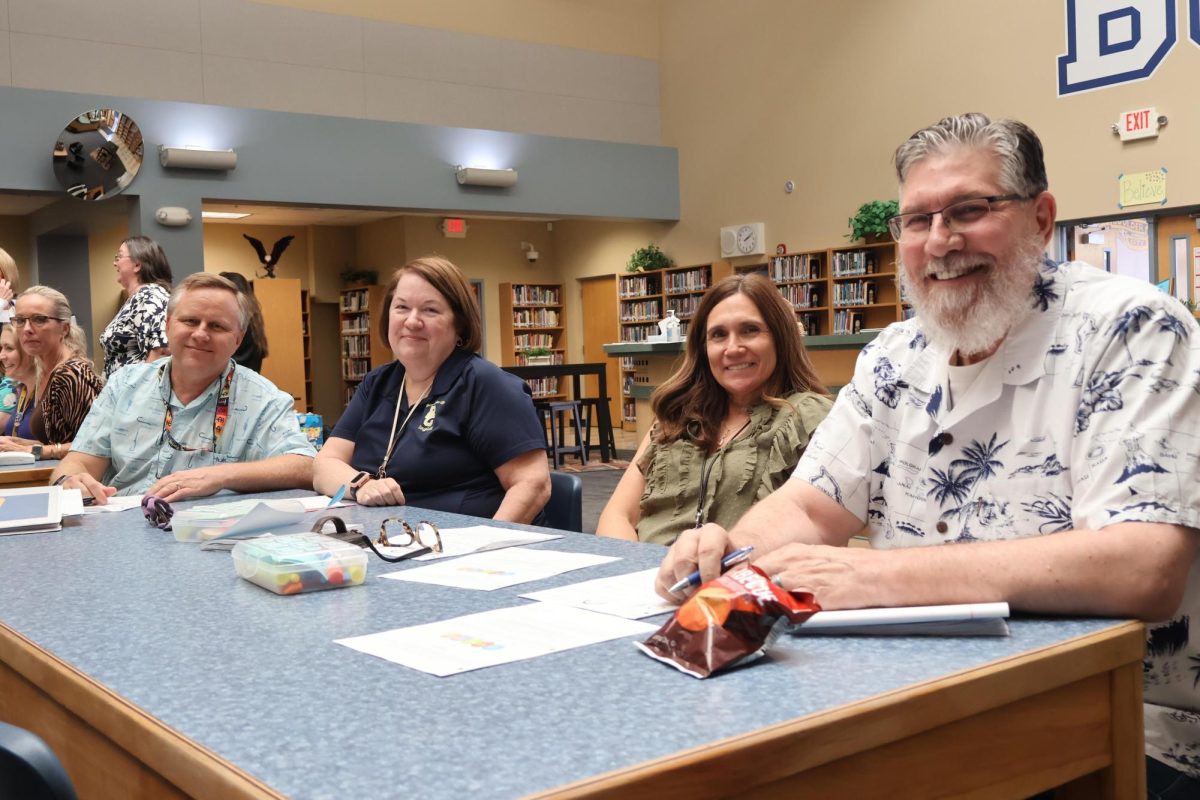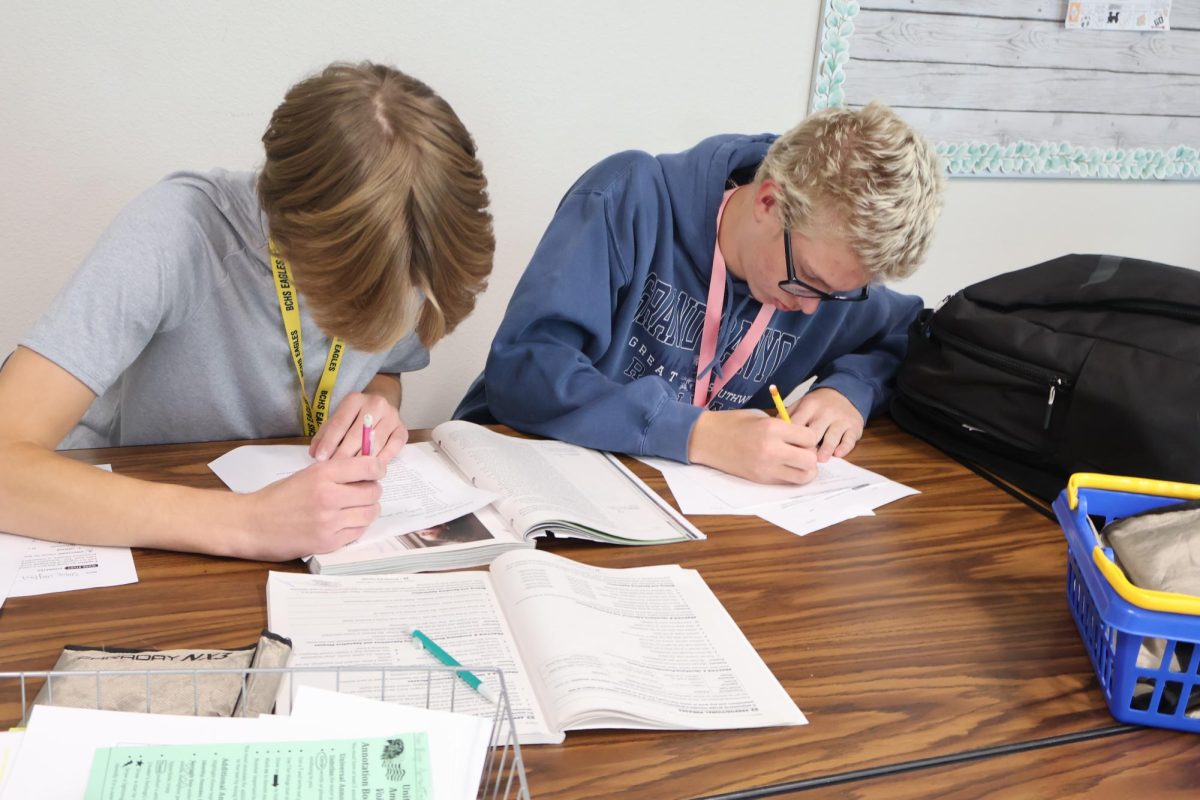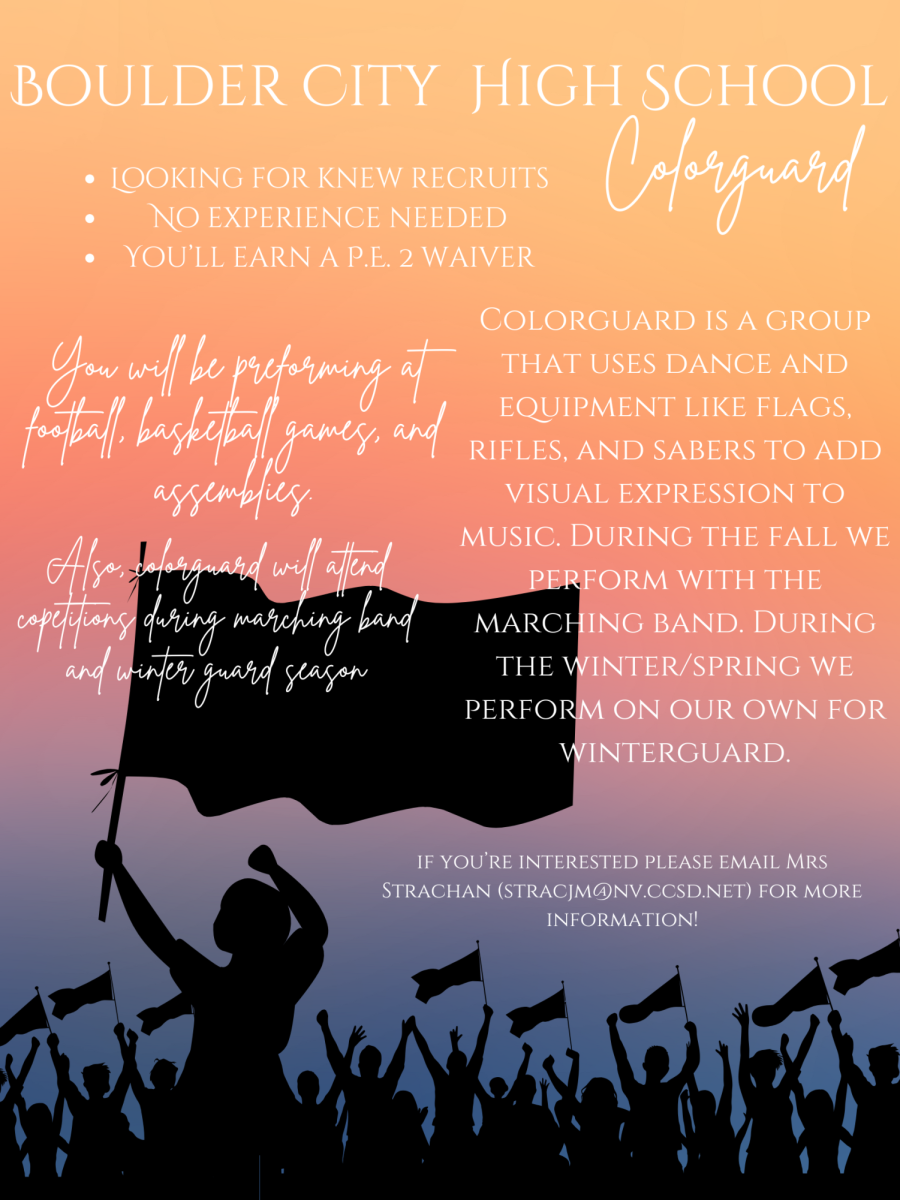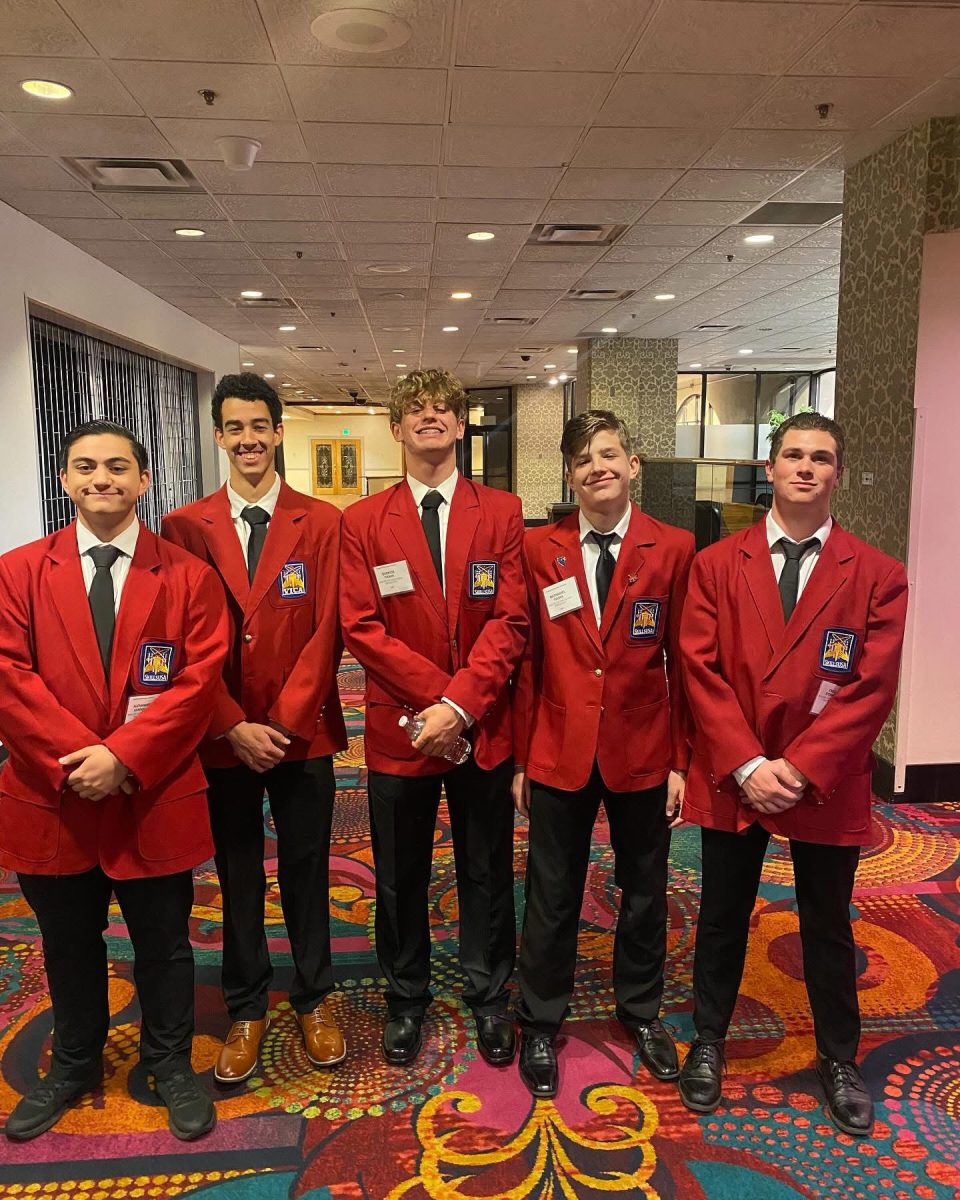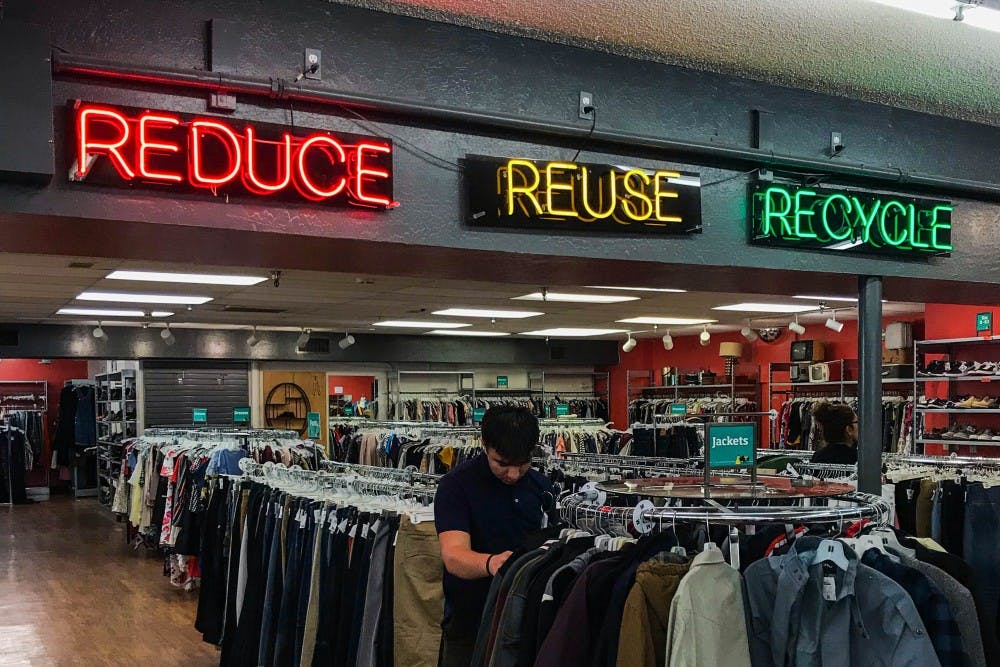Imagine you are one of the best players on your team, you’ve played that sport for years. You have been waiting your whole life to play for your high school team, only to find out you are ineligible to play because of an administrative rule. That’s the reality for students caught in the rules of COSA.
A COSA, or change of school assignment, allows students living outside their school’s zoning boundary. However, by law students attending a school on a COSA are prohibited from playing varsity sports for a full year. Although COSA students can still play on lower level teams, like Junior Varsity, and can practice with a varsity team, they are not allowed to officially compete.
While this may not seem like a big deal to some, as a current COSA student at BCHS, I can say first hand that it is the worst. Not only are COSA students missing out on opportunities to compete, they feel left out of the team. So do you think this rule is fair?
Districts chose to make this a rule to maintain fairness and order within school districts. It prevents schools from recruiting kids and creating “super teams”. On paper it may make sense, but it can be devastating for student athletes, especially at small schools like BCHS that often only have varsity teams. One COSA student, Quinn Gibson, says, “It’s not fair because I came to this school as a Freshman and I’m not able to play. I can only be on JV teams, but because of the size of my school most teams are only varsity. This makes it hard for me to play any sports at all.”
The COSA students are not the only ones that suffer. The teams are hurt by COSA rules as well. Coach Carrol of the BCHS swim team, recently said this of the COSA rules, “I hate COSAS, I have amazing swimmers that I can’t let swim in the meets and it is punishing my team and making our chances of winning state lower and lower.”
The COSA rules are intended to prevent rare cases of unfair team shopping, but they end up punishing so many students because of the actions of a small group. Students who transfer to a new school for academics, move to another state, or choose a COSA for family reasons often struggle with their second class citizen status. They try to fit in or make friends by joining sports teams but they are constantly limited by their COSA status. They can feel punished for something completely out of their control.
